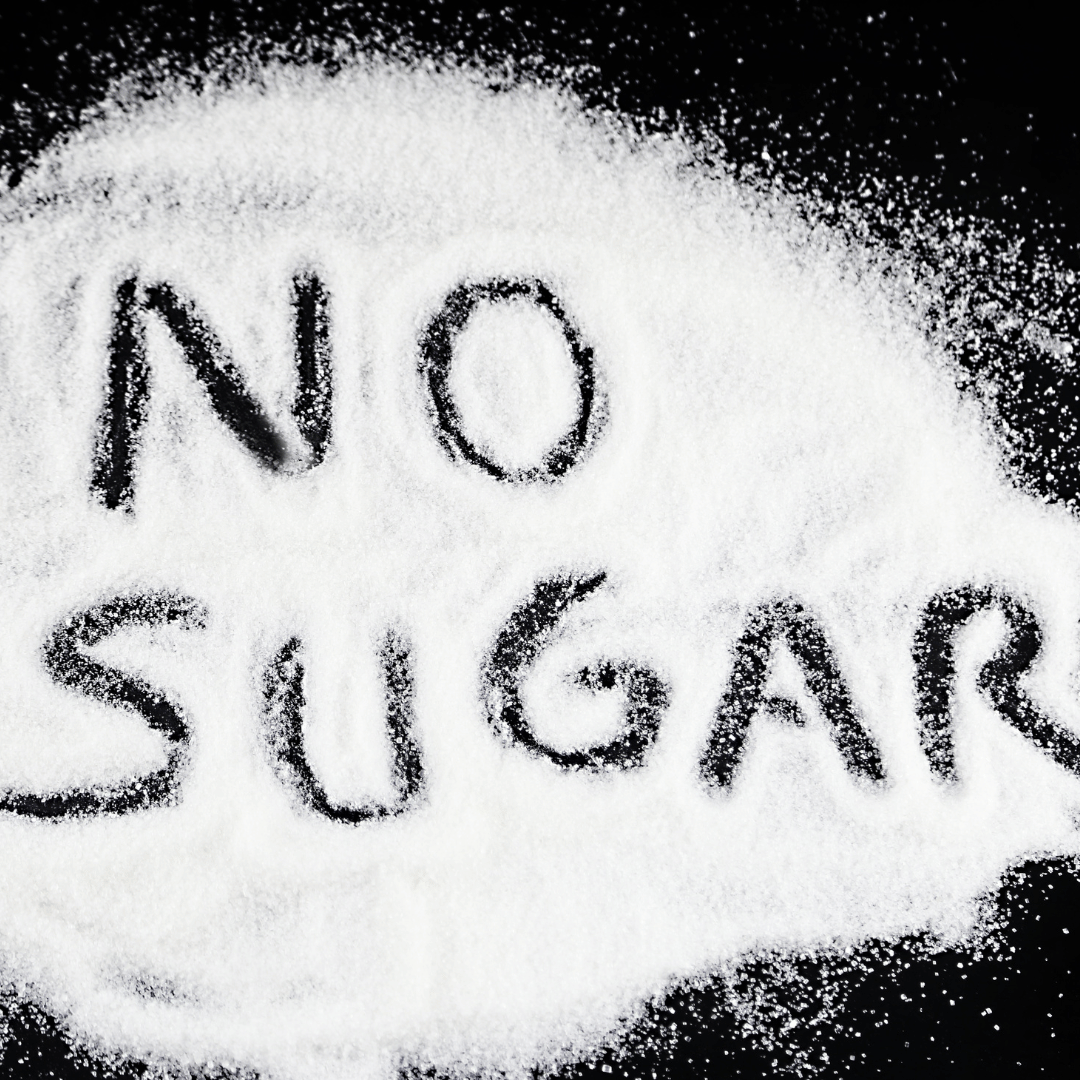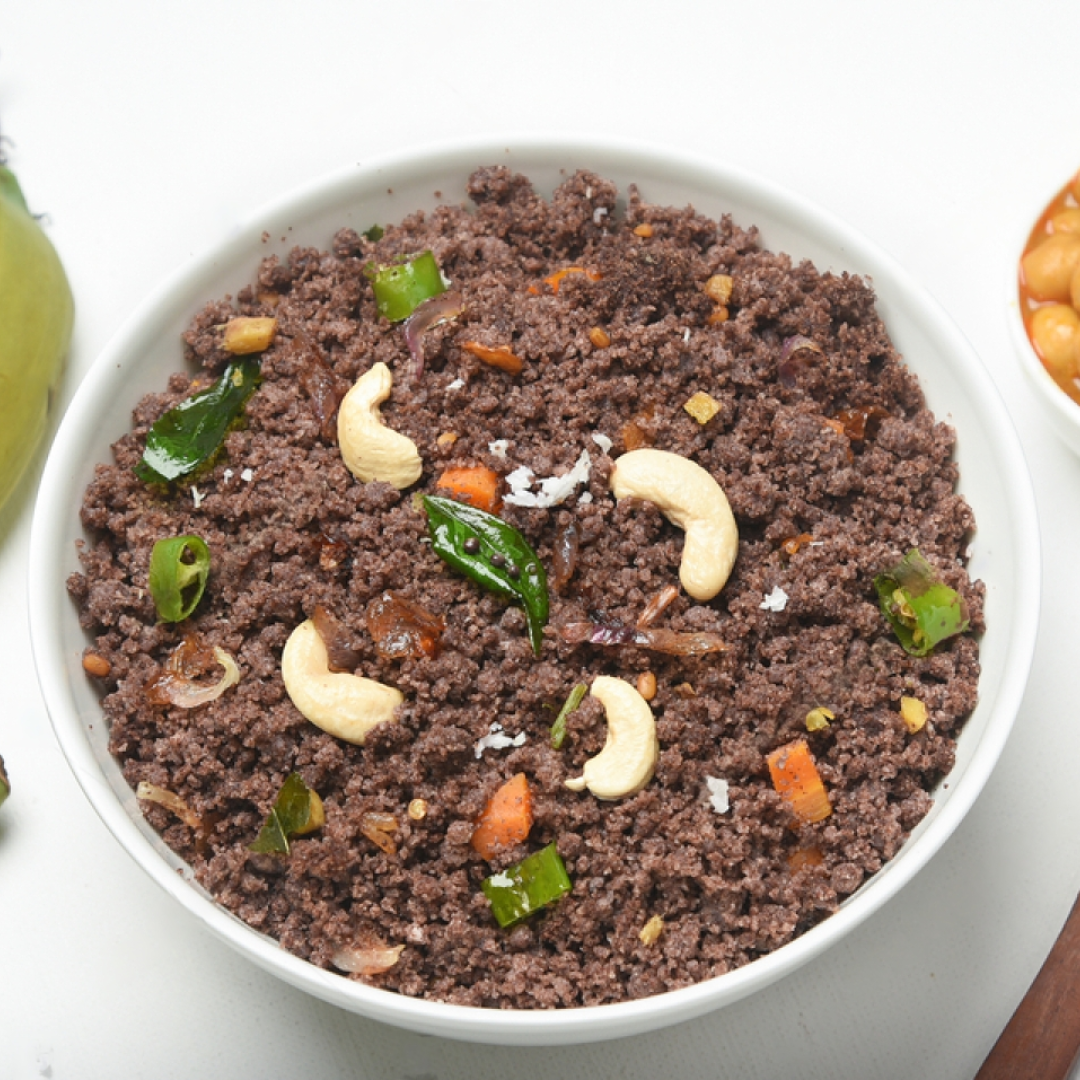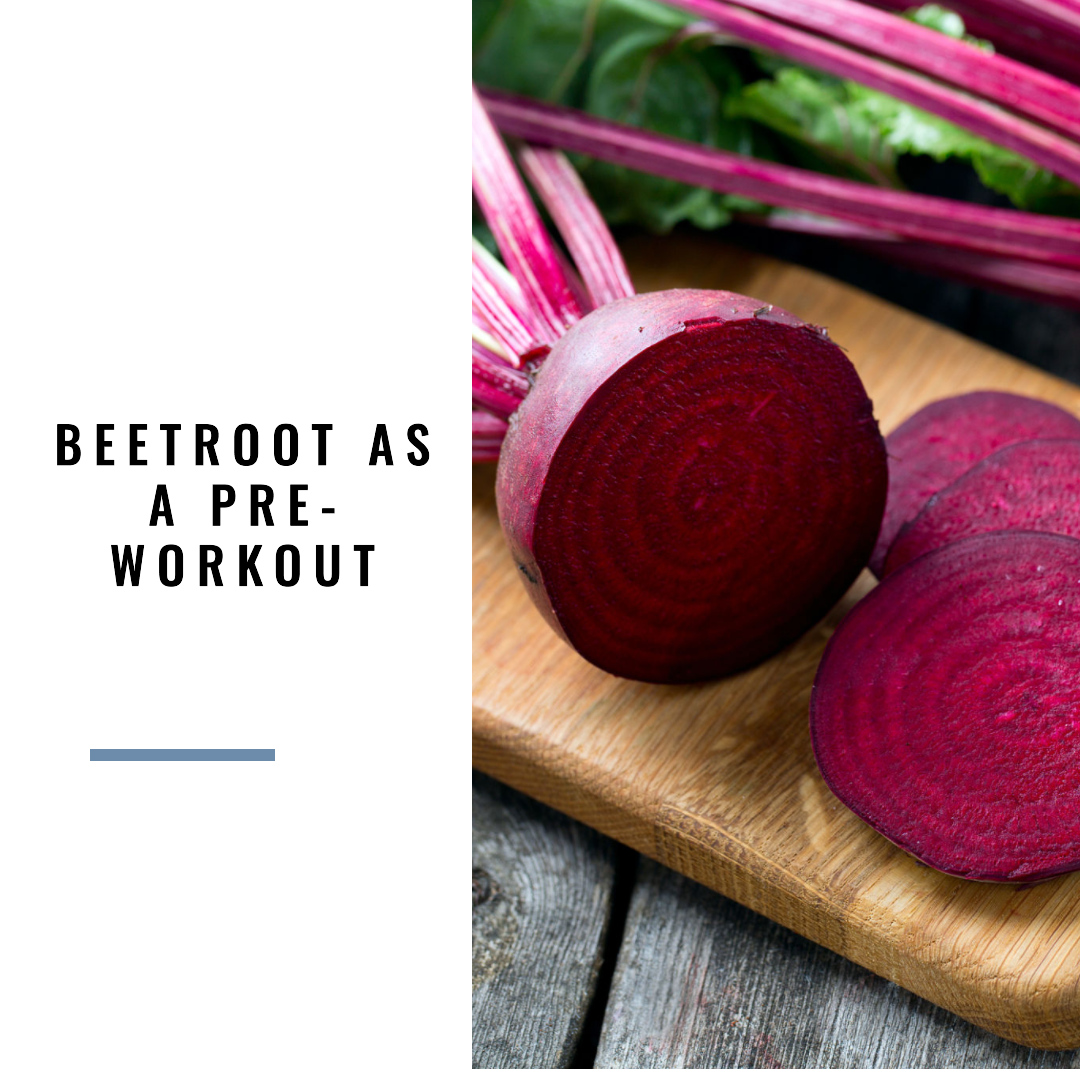Does Anti-Sugar Mean Giving Up Sugar Altogether

Introduction
Sugar has been a part of human diets for centuries, and it is hard to imagine a life without it. However, in recent years, there has been a growing concern about the adverse effects of consuming too much sugar. Consequently, many people have decided to go anti-sugar, which begs the question, does anti-sugar mean giving up sugar altogether? In this article, we will explore the concept of anti-sugar, what it entails, and whether giving up sugar altogether is necessary.
What is Anti-Sugar?
Anti-sugar is a movement that advocates for reducing sugar consumption to a minimum or completely eliminating it from one’s diet. This movement is driven by the growing awareness of the adverse effects of consuming too much sugar, such as obesity, diabetes, heart disease, and tooth decay. Anti-sugar proponents believe that sugar is an addictive substance that should be avoided at all costs, similar to drugs and alcohol.
Why is Sugar Harmful?
Sugar is harmful because it contains empty calories that contribute to weight gain and obesity. When consumed in large quantities, sugar can lead to insulin resistance and type 2 diabetes. Additionally, sugar increases the risk of heart disease, as it raises blood pressure, contributes to the accumulation of harmful fats in the liver, and increases triglyceride levels. Furthermore, sugar promotes tooth decay, as it feeds harmful bacteria in the mouth.
Does Anti-Sugar Mean Giving Up Sugar Altogether?
Anti-sugar does not necessarily mean giving up sugar altogether. Instead, it involves reducing sugar consumption to a minimum or replacing it with healthier alternatives. Giving up sugar altogether may not be practical or sustainable for most people, as sugar is present in many foods, including fruits and vegetables. However, anti-sugar proponents advise reducing sugar intake to less than 10% of total calories per day, which equates to about 50 grams of sugar for an adult.
Satisfy Your Cravings with South Indian Food Recipes
How to Reduce Sugar Intake?
Reducing sugar intake can be challenging, especially for individuals who are used to consuming sugary foods and drinks regularly. However, the following tips can help:
- Read food labels – Pay attention to the amount of sugar in packaged foods and drinks and choose those with the least sugar content.
- Drink water instead of sugary drinks – Water is a healthier alternative to sugary drinks such as soda and energy drinks.
- Limit consumption of processed foods – Processed foods are often high in sugar and should be consumed in moderation.
- Replace sugary snacks with healthier alternatives – Instead of reaching for candy and cookies, snack on fruits, nuts, and seeds.
- Use natural sweeteners – Natural sweeteners such as honey, maple syrup, and stevia can be used in moderation to sweeten foods and drinks.
Is Sugar Addiction Real?
Sugar addiction is a controversial topic, with some experts believing it to be a real addiction, while others dispute it. The theory behind sugar addiction is that sugar stimulates the release of dopamine, a neurotransmitter associated with pleasure and reward, in the brain. This stimulation leads to a craving for more sugar, similar to the effect of drugs and alcohol. However, the evidence supporting sugar addiction is limited, and more research is needed to determine its validity.
Can You Quit Sugar Cold Turkey?
Quitting sugar cold turkey is possible, but it can be challenging, especially for individuals who consume large amounts of sugar regularly. Going cold turkey can lead to withdrawal symptoms such as headaches, fatigue, and mood swings. However, reducing sugar intake gradually can be a more practical and sustainable approach.
Is Sugar-Free Better Than Regular?
Sugar-free products are often marketed as a healthier alternative to regular sugar-containing products. However, they are not always healthier. Many sugar-free products contain artificial sweeteners, which have been associated with adverse health effects such as headaches, gastrointestinal problems, and even cancer. Furthermore, sugar-free products can still contain other harmful ingredients such as preservatives, additives, and artificial flavors. Therefore, it is important to read food labels carefully and choose products that are as natural and unprocessed as possible.
What Are Some Healthy Alternatives to Sugar?
If you are looking for healthier alternatives to sugar, here are some options:
- Fresh fruit – Fruits are naturally sweet and contain fiber, vitamins, and minerals that are essential for good health.
- Coconut sugar – Coconut sugar is a natural sweetener that is lower in fructose than regular sugar and has a lower glycemic index.
- Dates – Dates are sweet and nutritious fruit that can be used to sweeten foods and drinks.
- Maple syrup – Maple syrup is a natural sweetener that is rich in antioxidants and minerals such as zinc and manganese.
- Honey – Honey is a natural sweetener that has antibacterial and anti-inflammatory properties.
- Stevia – Stevia is a natural sweetener that is derived from the leaves of the stevia plant and is much sweeter than sugar.
Can You Enjoy Sugar in Moderation?
Yes, it is possible to enjoy sugar in moderation. The key is to be mindful of your sugar intake and to consume it in moderation. One way to do this is to limit your intake of sugary foods and drinks to special occasions or as an occasional treat. Another way is to reduce the amount of sugar you add to foods and drinks gradually.
FAQs
Conclusion
In conclusion, anti-sugar does not necessarily mean giving up sugar altogether. Instead, it involves reducing sugar consumption to a minimum or replacing it with healthier alternatives. Sugar is harmful when consumed in large quantities, and reducing sugar intake can have many health benefits. However, it is important to remember that sugar is present in many foods, including fruits and vegetables, and giving it up altogether may not be practical or sustainable for most people. Therefore, the key is to be mindful of your sugar intake and to consume it in moderation.
- Where to Find the Best Plum Cake in Bangalore for Christmas & New Year - November 23, 2025
- Water Intake Calculator: Everything You Need to Know - September 7, 2024
- 5 Weight Gain Drink Recipes for Healthy Bulking - March 29, 2024









